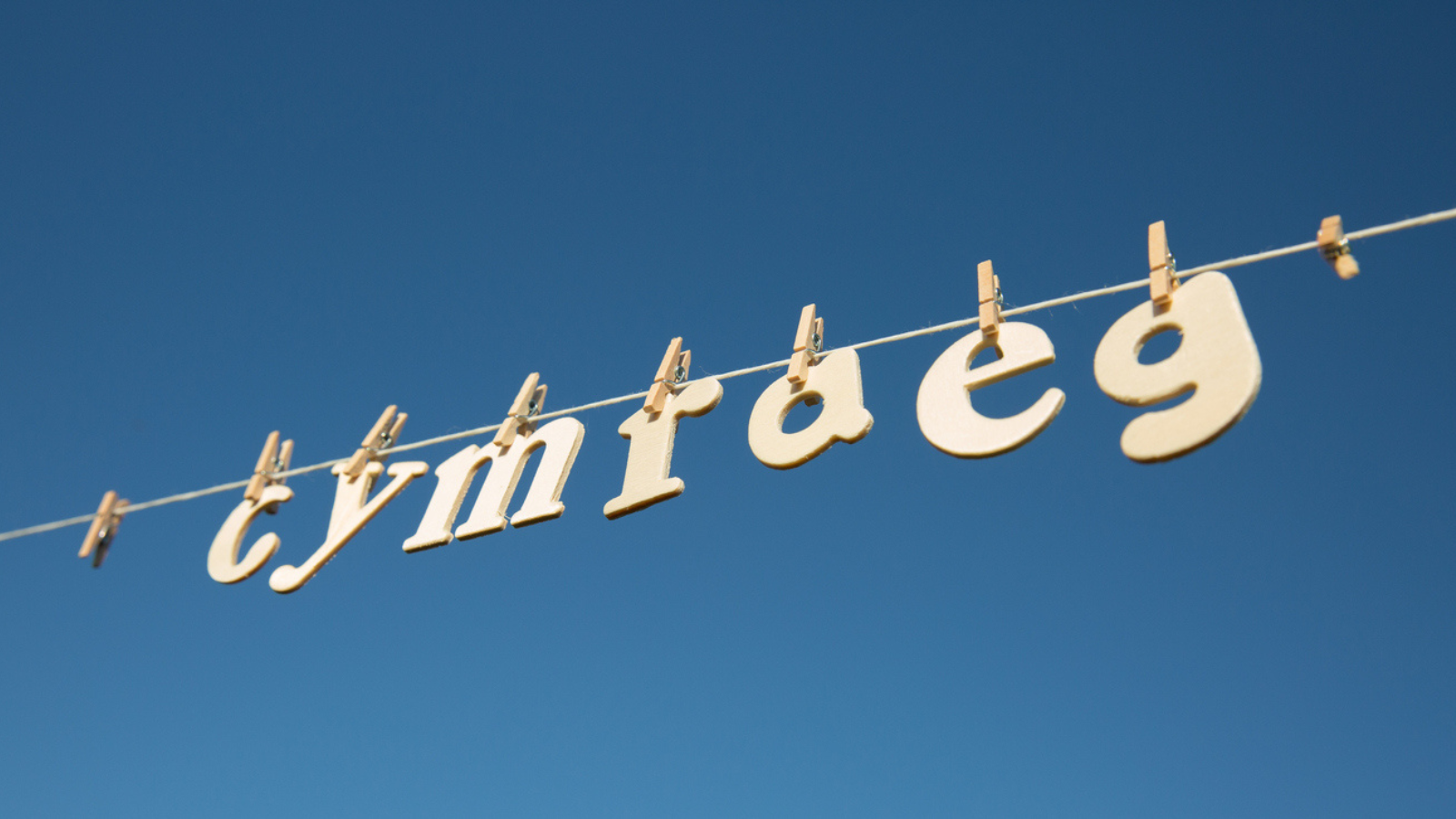Gentle with the children, firm with the boundaries: The positive effect of placing wellbeing at the centre in the context of developing learners’ language within late immersion provision in Wrexham.

Quick links:
Information about the local authority
A latecomers to the Welsh language support service in the primary sector was established by Wrexham local authority in 2018 with weekly outreach support for primary latecomers. In 2021, the secondary immersion unit came under the care of the local authority and in 2023 a primary language centre, ‘Cynefin’, was established. There are now 2 secondary immersion classes with the third class opening in June 2025, a primary language centre and outreach service to support latecomers. Seven members of staff belong to the service and the numbers are increasing significantly from year to year. In terms of demographics, most areas in Wrexham are areas where less than 12% of the population can speak Welsh and there is a significant rate of deprivation and poverty across the authority.
Context and background to the effective or innovative practice
During pupils’ transition period, it was highlighted that there was a clear profile for the vast percentage of learners who wished to access our late immersion/latecomers’ support provisions. The profile highlighted that most of the children came from disadvantaged families, with a score of 3 ACE (adverse childhood experience). In addition, they had not been able to foster strong relationships with their peers during their primary education period. A high percentage of the children had a neurodiverse diagnosis or had experienced significant trauma that had influenced their academic attainment.
Our wellbeing provision, which is modelled on the model of primary learning areas and small immersion groups, appeals to families, with Welsh often secondary to the choice. By setting strategies and creating provisions that are trauma-informed and place wellbeing at the heart of our language acquisition plan, a supportive, inclusive and beneficial learning environment was created that equips learners to overcome any barriers to succeed in their ambition to acquire the language.
Description of nature of strategy or activity
Interweaving key principles of supporting language acquisition in line with a trauma-informed program is a core part of our vision. This ensures that we provide an inclusive, beneficial and ambitious service that fosters pride, a sense of belonging and commitment to the language. Our main priority is to build strong relationships and positive connections with the pupils in order to develop trust and a sense of security. At primary level, familiarisation visits take place between the primary coordinator and the pupils, and they are invited to come and visit the centre before starting the intensive course. At secondary level, the robust transition process involves regular visits, before transferring for a taste of the offer and then fully committing, gradually leading the pupils towards the intensive immersion period during transition.
The environment of the units is designed to create a safe space where pupils can express themselves without being judged. There are strong boundaries and expectations of behaviour, but there are opportunities for pupils to express concern, ask for time away from a task and discuss their emotions openly in the unit. Each pupil is greeted at the door and decides on their greeting – whether it’s a handshake, a high-five or a wave. The purposeful engagement permeates from the very beginning until the final bell. In line with the environment, strategies for managing emotions, developing resilience and engagement and maintaining interest and a positive mindset are woven into the learning plan. There is an emphasis on learning while playing, researching and being creative and pupils are often offered ‘brain break’ periods. Trauma-informed language is used and the service supports the school to adopt the same methods and supportive language so that there is consistency during transition.
What impact has this work had on provision and learners’ standards?
Most pupils make sound progress in their oral skills as they have developed the confidence and resilience to make attempts and communicate effectively. Most pupils show positive attitudes towards their learning, are willing to persevere and trust the support that is available. There is a big improvement in most pupils’ behaviour and their attendance is good.
The strategies have led to a growth in the number of pupils transferring to Welsh-medium secondary education each year. This is now significantly higher than the target set by the authority in the Welsh in Education Strategic Plan (CSGA). In addition, 100% of pupils transfer during the transition period to secondary provision.
How have you shared your good practice?
The service supports Wrexham’s Welsh and English medium schools by offering resources, training and the opportunity to come and observe practices at the units. In addition, the local authority has planned and funded wellbeing training for staff at Ysgol Morgan Llwyd’s cluster schools. The provision’s manager shares good practice nationally as part of the language immersion sector network.